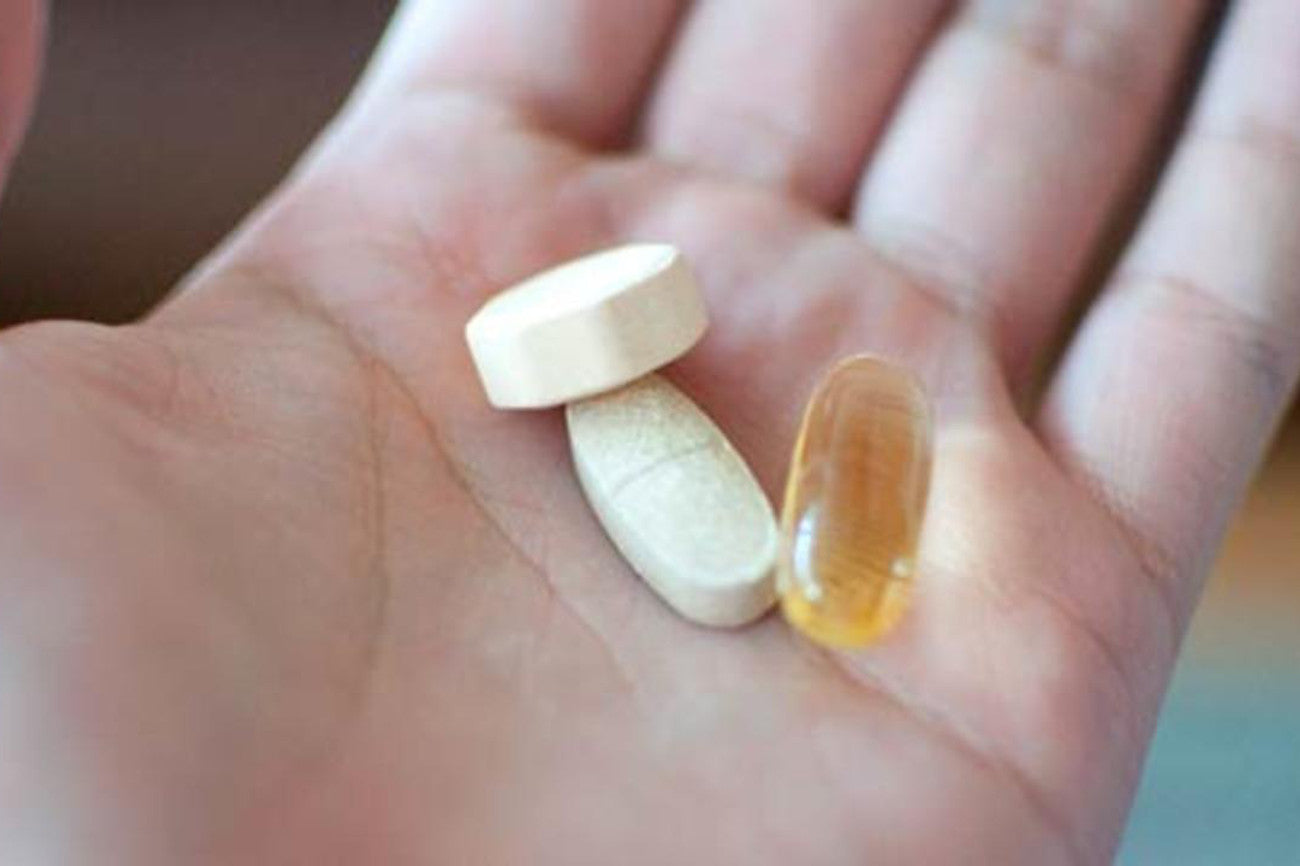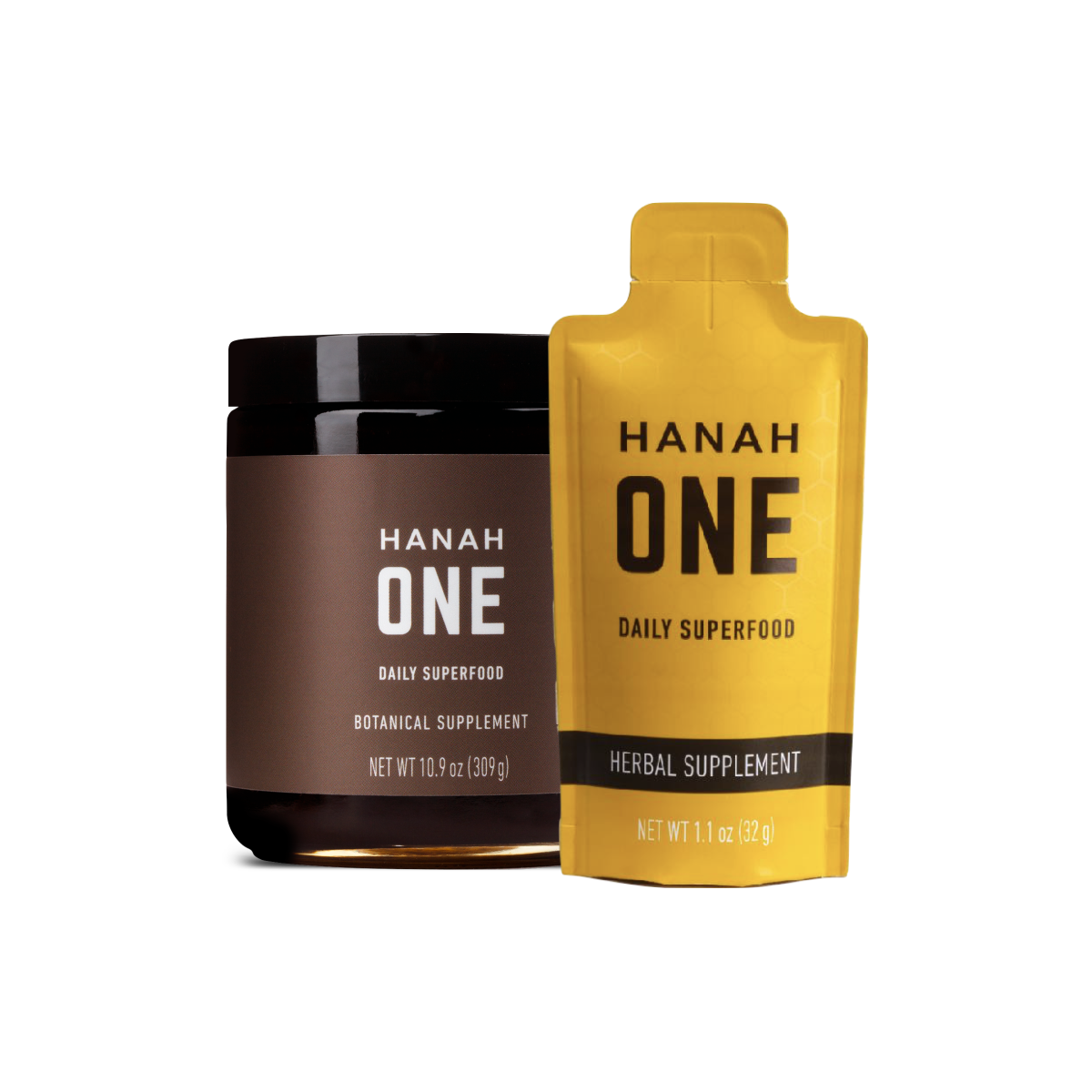Nature’s perfection: why whole-food supplements are better

So, like many others, you’ve ventured into the wellness/alternative medicine space to find something that you couldn’t find with modern medicine. With thousands of nutritional supplements on the market promising the same thing, how do you cut through the noise and really decide which is the best to take for your needs? And going beyond specific ailments, how can you trust that a company is working with nature (and not against) and producing products in a way that maintains the ingredients’ efficacy? Let’s take a peek inside the supplement industry and discover which supplements are best suited for your wellbeing.
Whole-food supplements vs isolated compounds
There is a concept in alternative medicine called holism. It is the idea that a system acts as a whole with many integrated parts. When one part of the system is thrown out of balance or affected, it will throw other parts out of balance as well.
How do bodily systems get thrown out of balance?
Well, what many of us don’t realize is that medicines that contain isolated compounds often work on targeted channels. After time, they can wear down a specific channel, and this often throws a system out of balance. An example of this would be someone who drinks a lot of caffeine throughout the day – constantly stimulating their system into overdrive – and as a consequence of this stimulation, they can have trouble getting a restful night’s sleep. This lack of sleep can cause them to wake feeling tired and groggy, so they (you guessed it) drink more caffeine. This combination of sleep deprivation + constant stimulation can lead to other systems kicking in to take over where one system might start to fail, ultimately leading to imbalances of important neurotransmitters and hormones. Unfortunately, this is how the cycle can continue until one decides to reduce caffeine intake (or risk feeling wiped out from pernicious adrenal fatigue).
So how can we take the substances we need without throwing our bodies out of balance?
The best way to ensure you are getting the balanced nutrition and support your body needs is by following a whole-food based diet and supplement regimen. For years supplement companies have been releasing single-vitamin supplements (1,200 mg vitamin C gummy, anyone?) to only later discover after further testing and analysis that certain compounds need other compounds to be both effective and safe. A great example to illustrate this point is the discovery made around proper supplementation for osteoporosis. At first, health experts believed supplementation with only calcium was needed to remedy this disease but later discovered that other vitamins and minerals (such as magnesium, potassium, and vitamin D) were also needed for proper absorption of calcium.
The industry has also learned that beyond simply needing synergistic nutritional compounds, a formula must also provide correct ingredient ratios to be effective (as well as to prevent damage). In the aforementioned osteoporosis example, too much of any single mineral or vitamin could lead to depletion of the others. Unfortunately in the supplement world a lot of this is guesswork, but with whole foods and herbs the guesswork is removed. An avocado has perfect parts fats to fiber to vitamins and to minerals naturally, and the compounds work together in such a way that they balance each other out. The proponents for a whole-food based diet believe that nature is the original artist and anything else is simply trying to reproduce genius. Following this idea, there is nothing more we could do to perfect the avocado (in fact, we could do less and choose organic).
The same principle rings true for supplements.
So why aren’t all nutritional supplements whole-food based? There are many reasons, but it mostly comes down to the fact that it’s very costly to produce and preserve whole-food superfoods and vegetables. It takes more time, money, and specialized equipment & techniques to maintain the integrity of the food once it’s been plucked from its source. But even though whole-food based formulas are a bit more rare and harder to come by, they do exist. Companies whose missions are to support the natural biology of the human body and work with the environment that sustains it do exist. And there are formulas that contain whole plants, fruits, herbs, and foods blended in a way that creates a sum stronger than its parts.
So what are they?
- HANAH ONE is a blend of 30 whole herbs and superfruits in a whole-food base of wild honey, ghee, and sesame oil. This ancient blend was designed with a synergistic balance of tried-and-true Ayurvedic herbs, fats, and carbs that nourishes the entire body, not just a single channel. In the words of the Ayurvedic doctor behind HANAH ONE, “HANAH ONE works well for all types because it does not focus on one specific channel, but rather works systemically with the whole body. This also allows the formula to continue working and increase in effect over time as it gently nurtures the body back into equilibrium.” But beyond what the formula intends to do, check out what HANAH ONE’s user base has to say.
- Dragon Herbs’s Tonic Alchemy formula contains an impressive 71 herbs, vegetables, superfoods, superfruits, and supersprouts. On top of that, most of the ingredients are certified organic. The founder developed this formula to address our modern lifestyle’s lack of varied nutrition (when was the last time you took a bite out of a chaga mushroom?) and decided to leave no stone unturned. As impressive as this ingredient list is, unfortunately sometimes with so many ingredients in one formula we run the increased chance of finding one (or several) ingredients our bodies don’t tolerate very well.
- New Chapter Organics focuses on offering whole-food based herbs in their formulas as much as possible. This might be why their products are considered very effective by their customer base. That being said, they still try to condense many of their herbs into extracts while determining their own ratios for hundreds of products. It might take a lot of each formula to truly feel and maintain the effects.
With so much out there, it’s important to be extra safe about what we put into our bodies. Most mainstream supplements these days are unfortunately produced in labs using chemicals instead of real food. And even real-food supplements, if not balanced correctly or altered in any way, can lead to imbalances in the body. So how do we stay safe? Go straight to the source. As nature intended, do your part to incorporate as many whole and natural foods into your diet and supplement regimen as possible. And as always, let your body be your guide.






Leave a comment
This site is protected by hCaptcha and the hCaptcha Privacy Policy and Terms of Service apply.